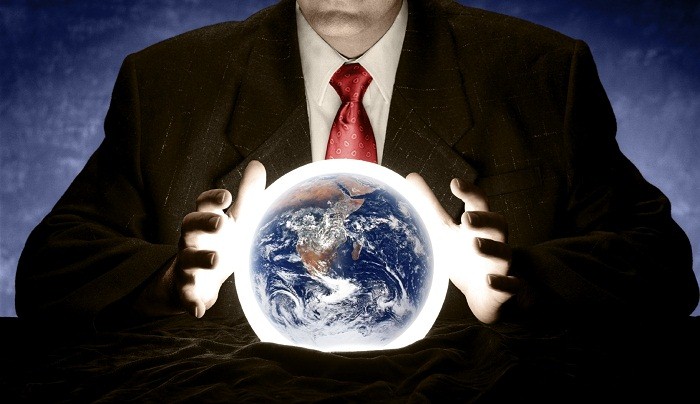So, let’s take a look into 10 most impressive historic predictions, usually sound ridiculous at the time – but come true in the end.
10. Wireless Devices
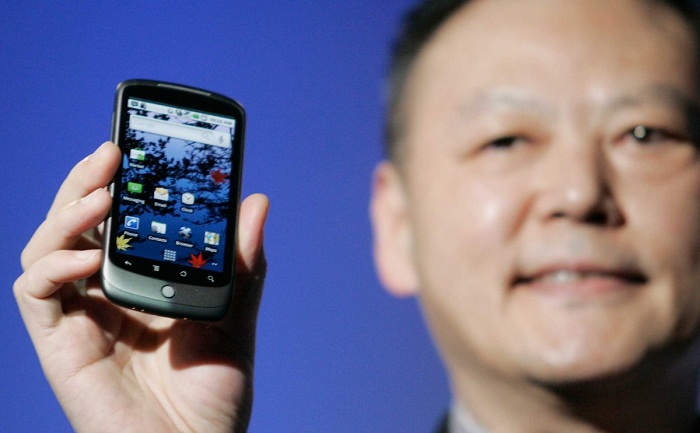
The year was 1909. Serbian American inventor, electrical and mechanical engineer, and futurist Nikola Tesla predicted “It will soon be possible to transmit wireless messages all over the world so simply that any individual can own and operate his own apparatus”. And the rest is history. Within several decades after his prediction, wireless devices became the next big thing.
9. Organ Transplant

In the 17th century, Anglo-Irish natural philosopher, chemist, physicist, and inventor Robert Boyle predicted that “the cure of diseases at a distance or at least by transplantation.” And let me remind you that these were found from handwritten items of his from 1660s. Thus, he predicted about organ transplant almost three centuries ago.
8. 2013 Golden Globe Results
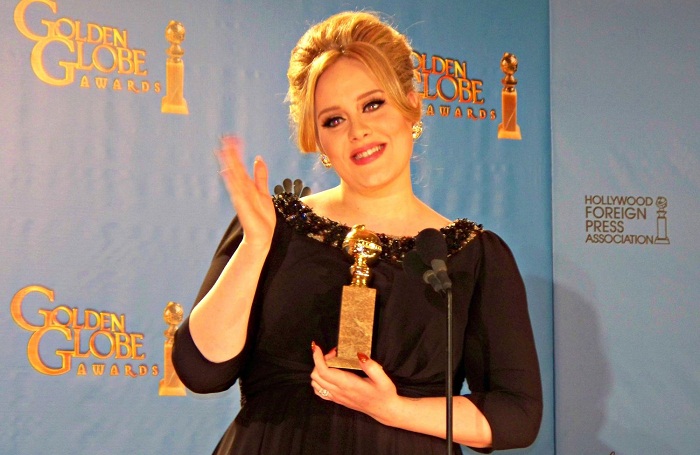
In January 2013, Elena Sheppard, the cultural editor of political news and cultural website/forum website called ‘Polycymic’, who was assigned to live blog the 70th Golden Globe Awards, was asked to guess the winners for the event. In a surprise turn of fate, she astonishingly correctly predicted all the winners in all the 25 categories that year. Now, that is either some great guessing or the skill of having thorough knowledge about how the industry works.
7. Internet

Now we all love E.M. Forster stories, but what you probably did not know that this pen also predicted internet, much before the idea of internet even existed. In his 1909 short story’ ‘The Machine Stops’, Forster wrote “There were buttons and switches everywhere – buttons to call for food, for music, for clothing. There was a button that produced literature. And there were of course the buttons by which she communicated with her friends”.
6. Atomic Bomb
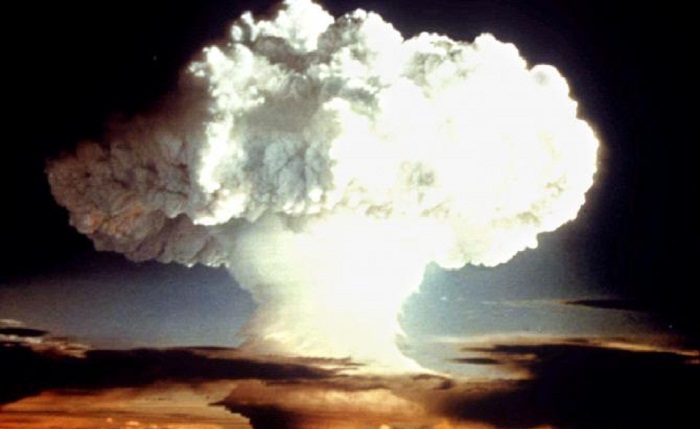
Now what do you think is common between English writer Herbert George “H.G” Wells and atomic bomb? In his 1913 work ‘The World Set Free’ he talks describes atomic bomb as “The atomic bombs were thrown…They made a mighty thunder in the air, leaving a flaring trail in the sky…a black background to these tremendous pillars of fire…radio-active vapour drifting sometimes scores of miles from the bomb centre and killing…all they overtook”. 32 years later, the first atomic bombs were dropped on Hiroshima and Nagasaki.
5. TV & Mobile Phones
Humans are always curious to know about the future. They always like to think ahead of time as to what may happen in the future. In the year 1000, a civil engineer by the name of Mr. Watkins, wrote an article in a home journal titled ‘What May Happen In The Next 100 Years’. He wrote “Man will see around the world. Persons and things of all kinds will be brought within focus of cameras connected electrically with screens at opposite ends of circuits, thousands of miles at a span”. A couple of decades later, television was invented and add a couple more decades to that, mobile phone was on everyone’s hand.
4. The Periodic Table
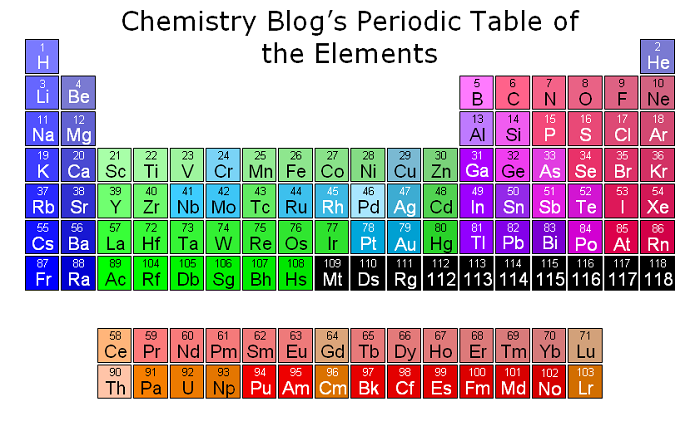
Dmitri Mendeleev, a Russian chemist from the late nineteenth century, predicted the modern-day periodic table nearly perfectly. In 1863, at a time when there were only 60 elements known. He further predicted the other 40 element’s properties and weights. Now, that is what you call passion combined with dedication in research.
3. London Fire of 1666
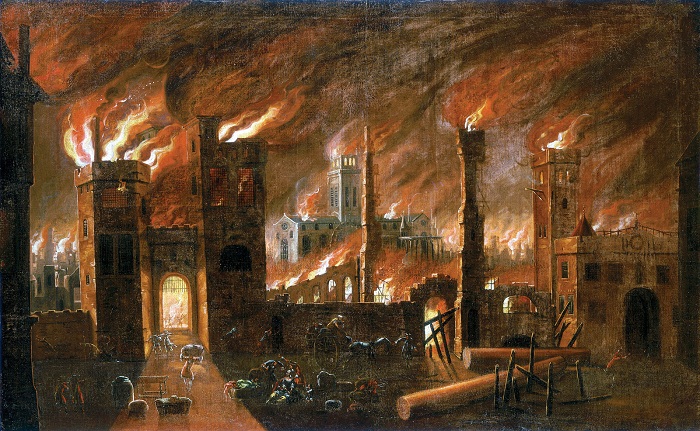
From 2nd September to 5th September 1666, London was engulfed by fire. It devoured 70000 home of 80000 inhabitants. It also destroyed 87 parish churches, St. Paul’s Cathedral and most of the buildings of the City authorities. Studies by archaeologists of a melted piece of pottery on display at the Museum of London states that the temperature reached 1700 degree Celsius at the time of the fire. The fire started from the bakery of Thomas Farriner and quickly spread to parts of the city. Bizarrely, predictions were made “The blood of the just will be demanded of London, Burnt by the fire in the year 66.”.
2. Audio Book
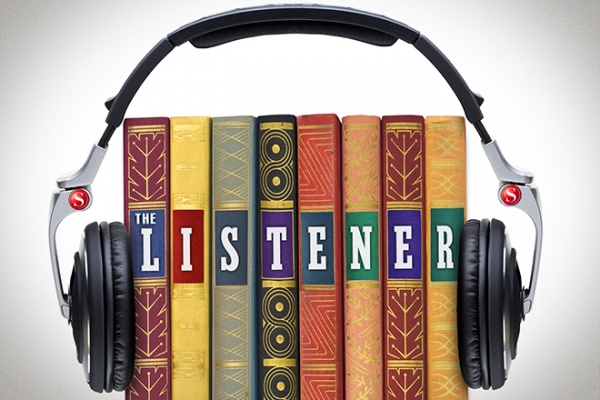
Now who would associate 17th century dramatist Cyrano De Bergerac with audio books? But there is one connection. It was Bergerac who first predicted about audio books first. In his novel, ‘The Other world: Comical History of The States and The Empires of the Moon’, he talked about small devices which would function both as musical instrument and books. Furthermore, he described headphones as pendants.
1. Sinking of Titanic
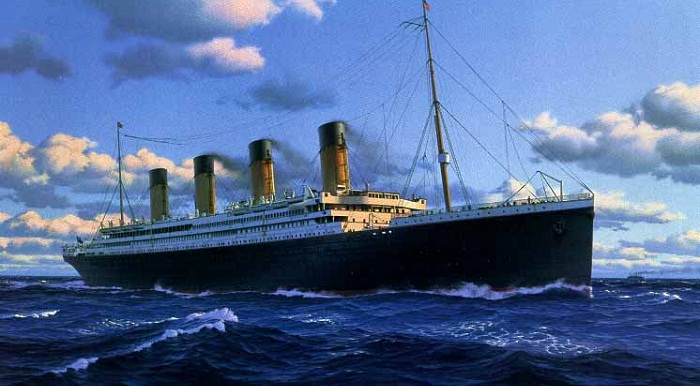
There are countless similarities between RMS Titanic and the novella ‘Futility, or the Wreck of the Titan’ written by Morgan Robertson. In the novel, Robertson talks about a fictitious ship and describes it in a way which drew huge similarity to RMS Titanic. Both ships were deemed as unsinkable, they had similar name- in the book, the ship was called ‘Titan’, while actual ship was called Titanic; both were triple screw propellers; both hit iceberg on an April night in the North Atlantic, 400 nautical miles (740 km; 460 miles) from Newfoundland; both had shortage of lifeboats; both the ships ultimately sank and led to the death of more than half of the number of passengers. By the way, the novella was written fourteen years before the actual incident of Titanic.
More about:








